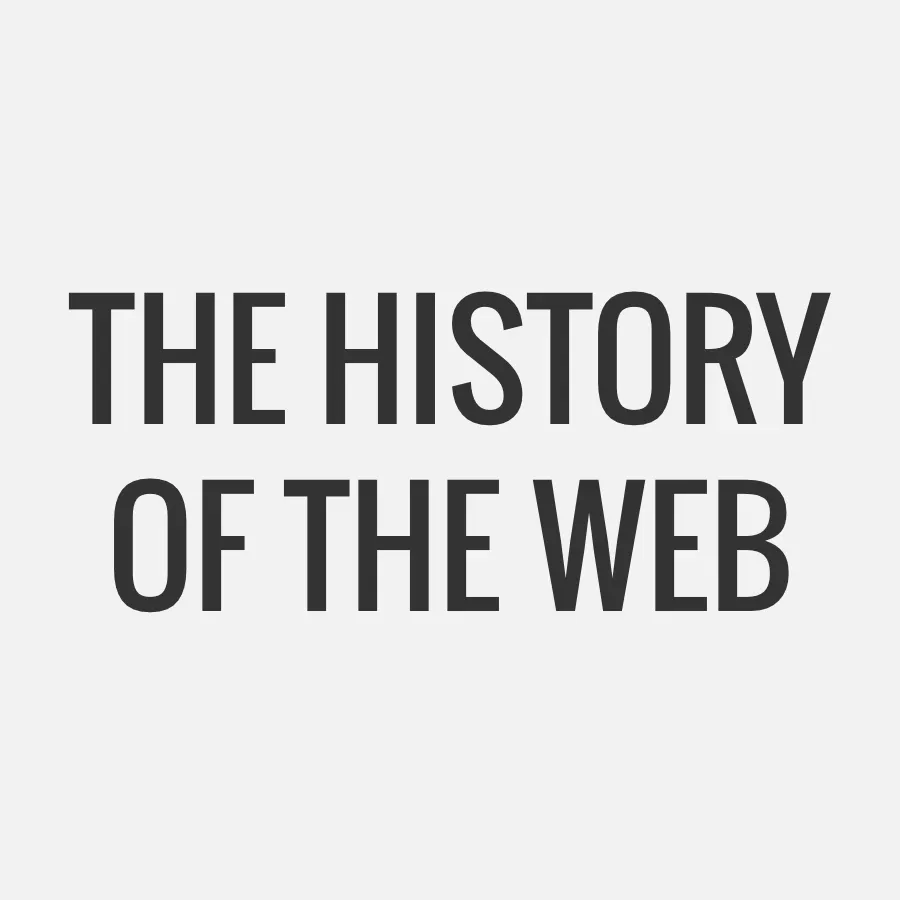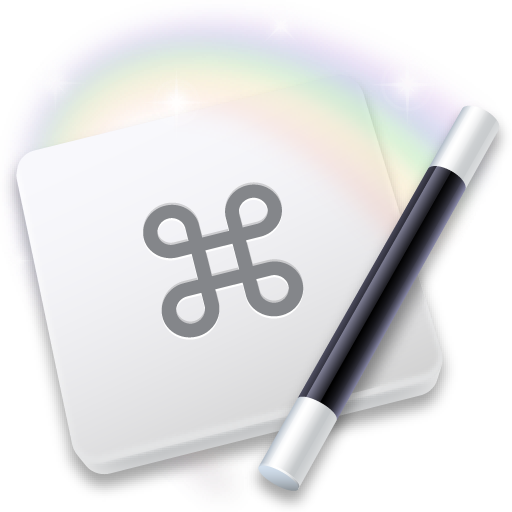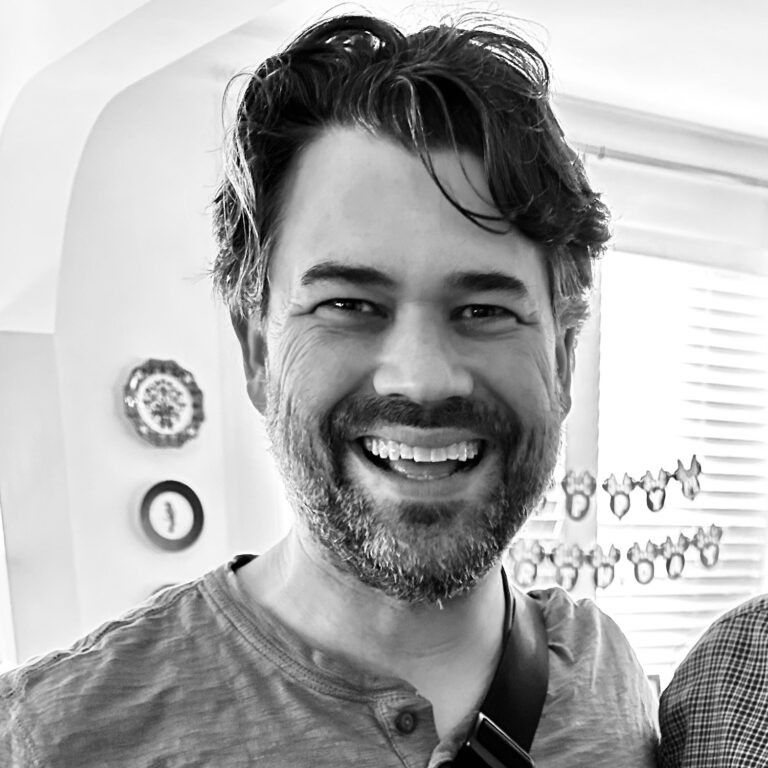An Interview with Jay Hoffmann
Jay Hoffmann is the creator of The History of the Web, an ongoing timeline project & blog about the web's history.

Jay Hoffmann is the creator of The History of the Web, an ongoing timeline project & blog about the web's history.
Who are you, and what do you do?
I'm Jay Hoffmann and I'm the creator of a newsletter called The History of the Web which pairs posts and segments about the web's history with an ongoing timeline, a project I've been running for around five years now. I'm also Director of Web Development at Reaktiv, a WordPress agency that works in enterprise and higher-ed.
How did you get interested in that?
Web development and history have been two interests of mine for a very long time. I had a computer relatively early, and was on there building websites even in high school. So it's something that I've really always had my eye on, and being able to participate and contribute to writing its history has been such a great opportunity for me. That's kind of what it's all been about for me, just in some small way doing my part.
What resources could you suggest to people who want to learn how to do what you do?
That's a good question. For my research I spend a lot of time on search engines and on the web archive. I typically will start with a single article about something and then follow the links outward until I feel as if I have a handle on something. Everytime I hit a broken link, that's when I reach for the web archive. So it's a lot of interest and perseverance, plus a healthy dose of learning how to read quickly and effectively.
In terms of note taking, I do think there's merit in the Personal Knowledge Management (PKM) movement, and I think people like Nick Milo, Eleanor Konik, and Tiago Forte are doing interesting work there. I'd also recommend the book How to Take Smart Notes, which is a bit of an eye opener in terms of how to connect seemingly unconnected streams of information.
What software, hardware, and other gear do you use on a regular basis?
I try to not let software run my life too much, so I'm a big advocate of keeping things as close to plain text as possible. I'm a major convert to Obsidian, and it's been central to my workflow for a few years now. It's how I organize my research and structure drafts. My blog is powered by WordPress, which is also the platform I'm using and coding in day in and day out. I've been really excited about improvements to the editor there. And then there's Things 3 for tasks, and my new favorite browser, Arc.
I'm on a Mac, and I have been for many years now. I use a Magic Mouse, which gets the job done but I'm looking at other things. I tried a mechanical keyboard for a while, but I've moved over to a Logitech MX 2 and I love how comfortable it all feels.
Oh, and a notebook from Baron Fig. I always have one of those out on my desk.
What routines & habits help you get your work done?
I'm a big advocate of the write every day philosophy. I've seen various versions of it attributed to authors like Stephen King. Or there's a whole subreddit that's similar called NonZeroDay. Every day, you should chip away at whatever it is you're working on. On some days that will be writing 500 incredibly shitty words. Or revising your post (which you should be doing multiple times before publishing). Or maybe you have a really productive research day. It's all about compounding your time on it. 20 minutes a day on something is more than enough to make a ton of progress.
You show the history of the web through your aptly named project, The History of the Web. What started you down this path?
I studied history in college, and in another life, I may have followed the route of academia. But I was able to do some really interesting writing there, exploring the work of other academics, and interacting with primary sources buried in the archives of university libraries.
The project started as a release valve for the part of my brain that just really likes to research things. The web is a passion of mine, and fortunately most sources I would need are only the right keyboard clicks away. So I started chipping away at a timeline and someone suggested I bundled it into a newsletter. I thought I could be done in a year. Now I'm half a decade on.
What do you think are some of the most important events in web history?
That's a big one. I've been playing around with the idea that the web's momentum picked up at two moments in time, ten years apart. The first was in late 1995, when Internet Explorer was released a couple of weeks after Netscape's IPO. In about a month or two, the web went from being relatively fringe to being at the center of a rush of excitement and funding that culminated years later during the dot-com bubble.
Ten years after that, in late 2005, the concept of Web 2.0 was being unveiled to the world and that sparked a whole new generation of websites and approaches that have followed us to this day.
I enjoyed the November article about Nerve, which you noted a writer from EW said was ”Playboy’s body with the New Yorker’s brain.” What are some other sites that had potential but didn't make it?
So many! That's half the fun of this project. I sometimes will just stumble upon a path that leads me to one website or another that could have been extraordinary but was passed up. Off the top of my head:
- Everyone thought Moveable Type was going to take over the world. Then WordPress came along.
- City Guides were supposed to transform the way we navigated the real world, but that never happened.
- I don't think we ever truly figured out how to use location based check-in apps
But the web's history is literally filled wall to wall with near misses and almost could haves. There's no predetermined path, and there are no absolutes.
This seems like a labor of love. In addition to the wonderful timeline, there's also ~180 posts. What inspires you to keep going?
At this point, a lot of it is sheer inertia. As I mentioned, I work on the newsletter just about every day. Sometimes it's something really small. But I just keep rolling that rock up the hill and sending out what I collect along the way.
Reader feedback goes a long way. I'm sure a lot of newsletter writers would tell you that. Whenever I get an email from a reader, even if it's to point out other things to look at, or something I may have missed, it always makes my day. It means that people are out there learning and interested in the writing that I do, which is its own reward in a way.
What's your research process for the timeline & posts like? And how do you decide what to write a post on?
It used to be much more organized. I would have a queue of articles I've picked up here and there, which spark new ideas, or interesting areas of research. Then I would add those ideas to a long list and just run through them. Sometimes one path would result in a few posts. And then if something feels worth going on the timeline during that research, it gets added.
I do have to say though, I've become a bit more unstructured. I have a pretty good handle on the overall arc of the web at this point so I know a lot of great places to start when I'm looking for something to start with. My advice for anyone looking to do something similar is be willing to accept the volume of things that you simply don't know. Be a digital explorer. Look for connections other people haven't quite found yet. And understand that there are pockets of information you simply may never get to see.
What do you think is the future of the web? And are you optimistic about it?
That's a tough question. If you look around, I think it's pretty easy to tell that we're at a breaking point in terms of over-centralization, inventive structures that prioritize attention, unworkable business models, and just a much worsened browsing experience from ads, consent modals and the like. So there are lots of people with ideas about how to strip some of that away, and reinvent the way we do things. There's versions that I very much like and versions that I fear are only more predatory in the long run.
As someone that's been studying the web for the better half of a decade, I know I should have a better answer. But the truth is, the future of the web will be like the web's past in that it will be many things that are contradictory and competing with one another all swirling together. The web will mean different things to different people. If it can continue to be a place where information is freely available, and the walls of distribution are brought down, then it can be a future I'm optimistic about.
How do you relax or take a break?
Hmm, a good book. Sci-fi maybe. A walk around the block. And all the little distractions (i.e. Twitter + TikTok) of everyday life. Being a parent helps, my kids are always up for providing me with something new to do.
Whose work inspires or motivates you, or that you admire?
There are some researchers that I think have done incredible work that has guided a lot of my thinking. Clay Shirky's book Here Comes Everybody is one example. Anything written by danah boyd, but especially her book It's Complicated. Megan Sapnar Ankerson has a book Dot-Com Design that has the sharpest takes on the evolution of web design I've ever read. So a lot of what I draw on comes from work being done in new media and semiotics.
In terms of who I follow to get insight into the web of today, I would put Molly White's work, Jeremy Keith's excellent link blog, and Ryan Broderick's always on-point newsletter Garbage Day as my top resources.
I also have to give a shoutout to Dan Lewis, a former boss of mine and the creator of the blog Now I Know. Everything I learned at the beginning about newsletters I learned from him. Thanks Dan!
Anything else you'd like to add?
I'm always looking for contributors or partners or people that want to participate in the work that I'm doing. If you're interested at all, or even just have something you think I should look at, drop me a line at jaywebhistory@gmail.com.




